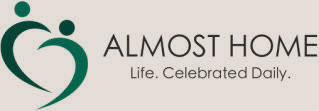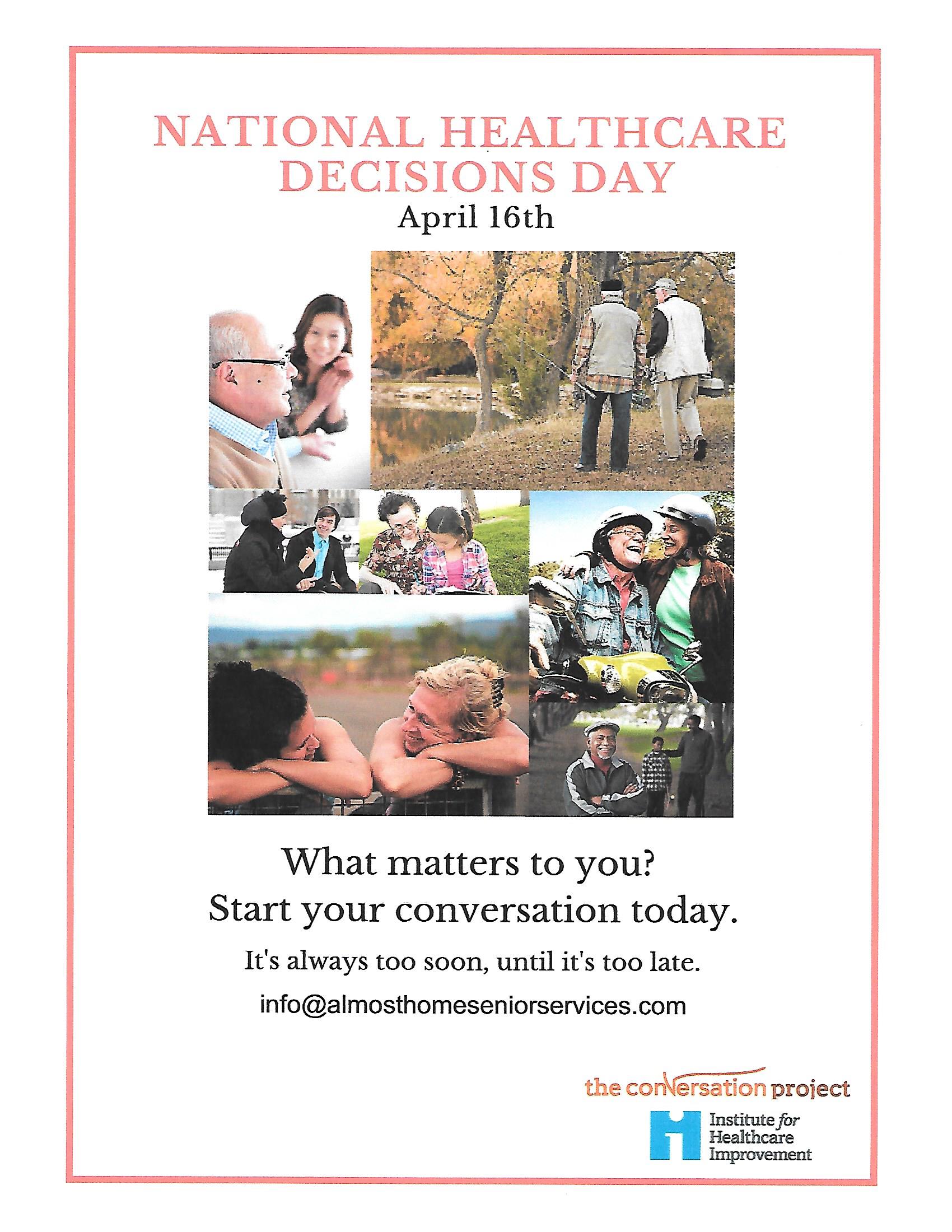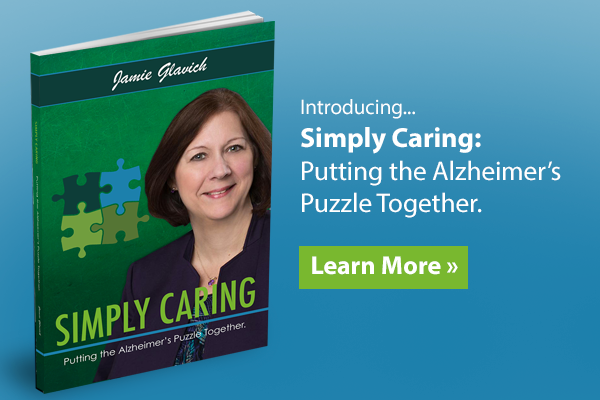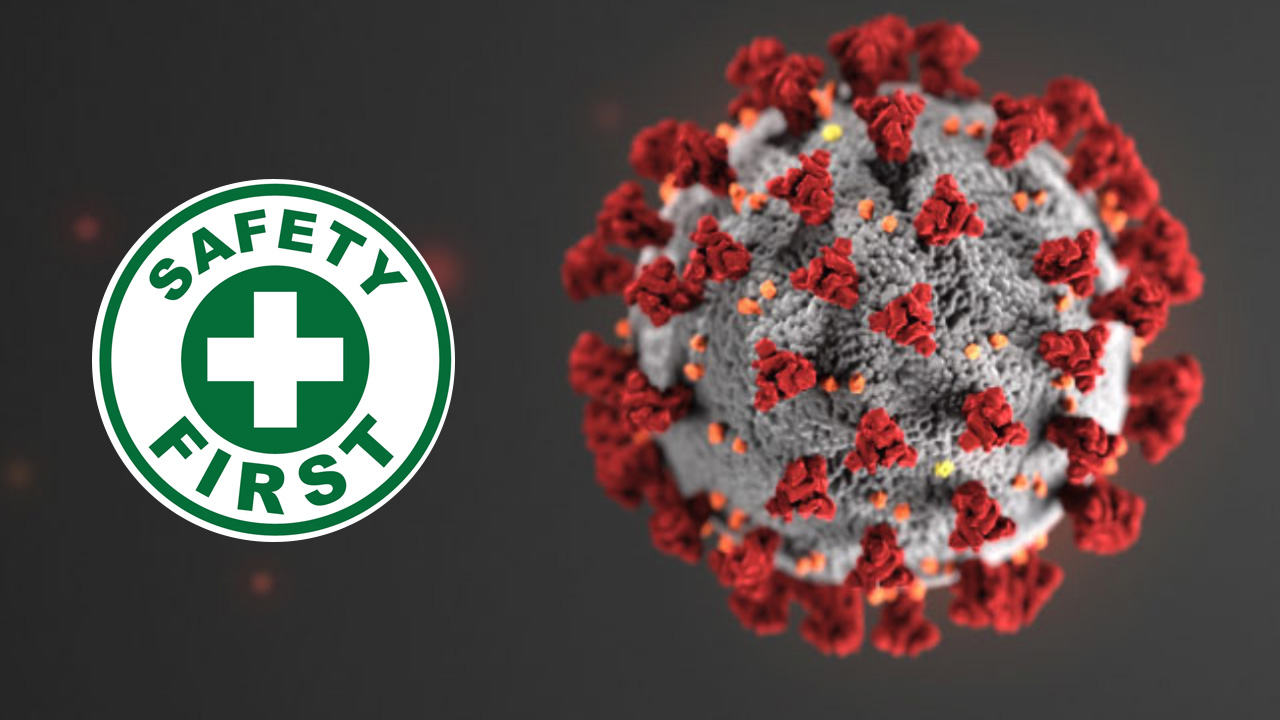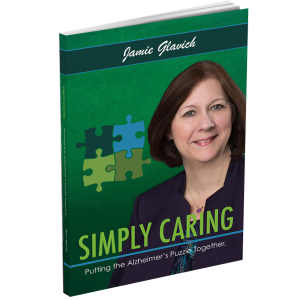
I understand that being a caregiver is not an easy task. There are so many daily tasks to help your loved one with each moment of each day. It can be so overwhelming. I also understand that it can be hard to know when or how to ask for help. What path should your family take?
Educate yourself and your family members by researching and reviewing all the options. Call the Alzheimer’s Association and ask for assistance. You and your family can make an educated and informed decision.
CARE OPTIONS
Some care options include family and friends, home companion services, home health agencies, adult day care program, assisted living facilities (ALF), nursing home (SNF) and hospice care. Knowing what is needed is different for every caregiver and family member. That’s where all the research comes in handy. Maybe the caregiver just needs a day to her or himself. In that instance, daycare would be appropriate. All of the options have pros and cons for your family.
PRE-PLANNING IS SO IMPORTANT
Pre-planning and knowing where your family stands financially is also one of the best ways to prepare for care. You need to find what will work best for your loved one, yourself and your family members. I have described each option in detail in my book, Simply Caring: Putting the Alzheimer’s Puzzle Together. There is no magic to knowing when it is time to get help in a daycare setting, ALF or nursing home. I tell families, the time is when your health as a caregiver is being challenged and when you are unable to be available at all times.
TAKE CARE OF THE CAREGIVER
Those with an Alzheimer’s diagnosis should not be left alone. In this way, the daily tasks become constant as in every minute of every day. The caregiver needs to stay healthy for your loved one. There will come a time when you cannot do it all by yourself anymore. Choose your path wisely.
Highlights from the book Simply Caring: Putting the Alzheimer’s Puzzle Together by Almost Home Founder and CEO Jamie Glavich. View more at SimplyCaringBook.com.
